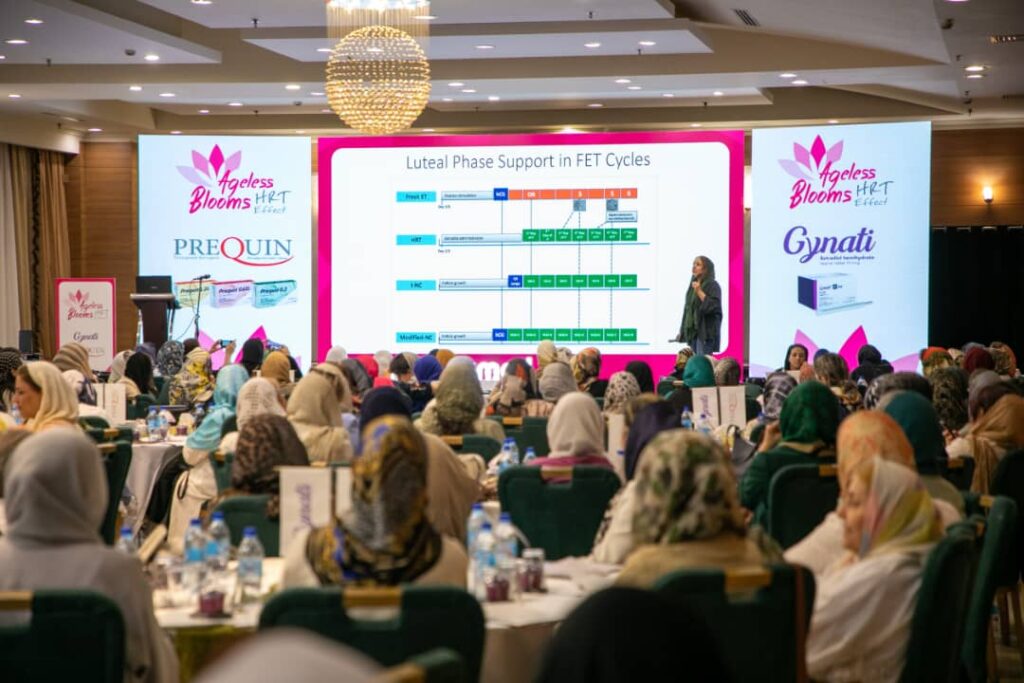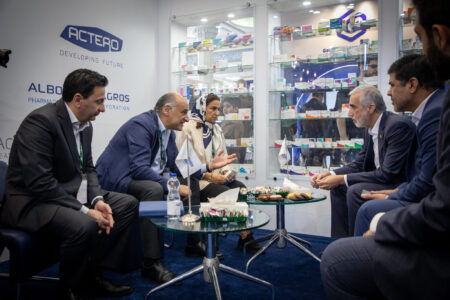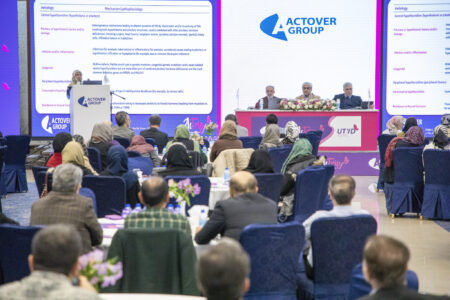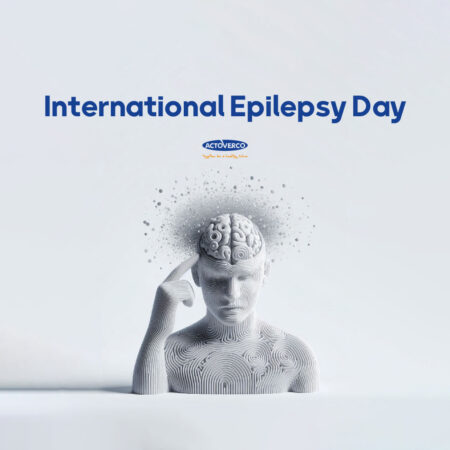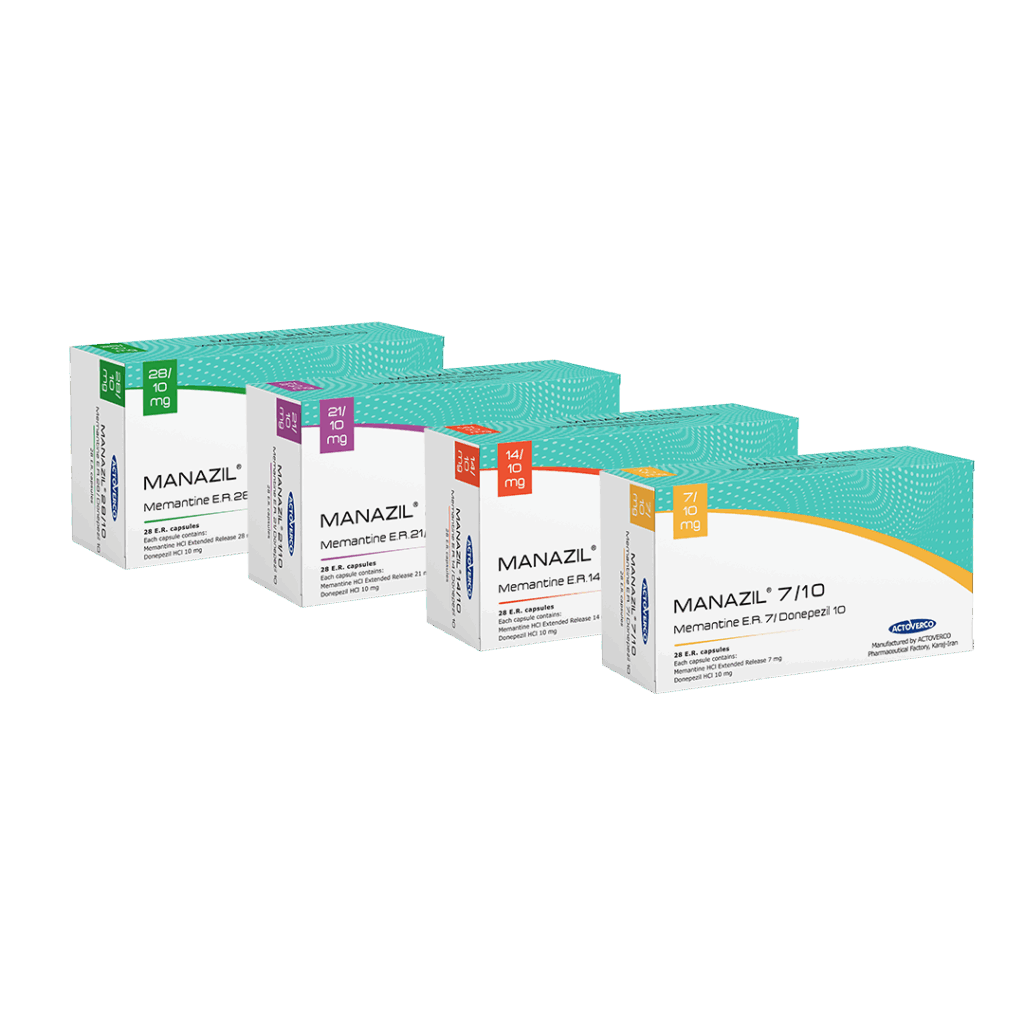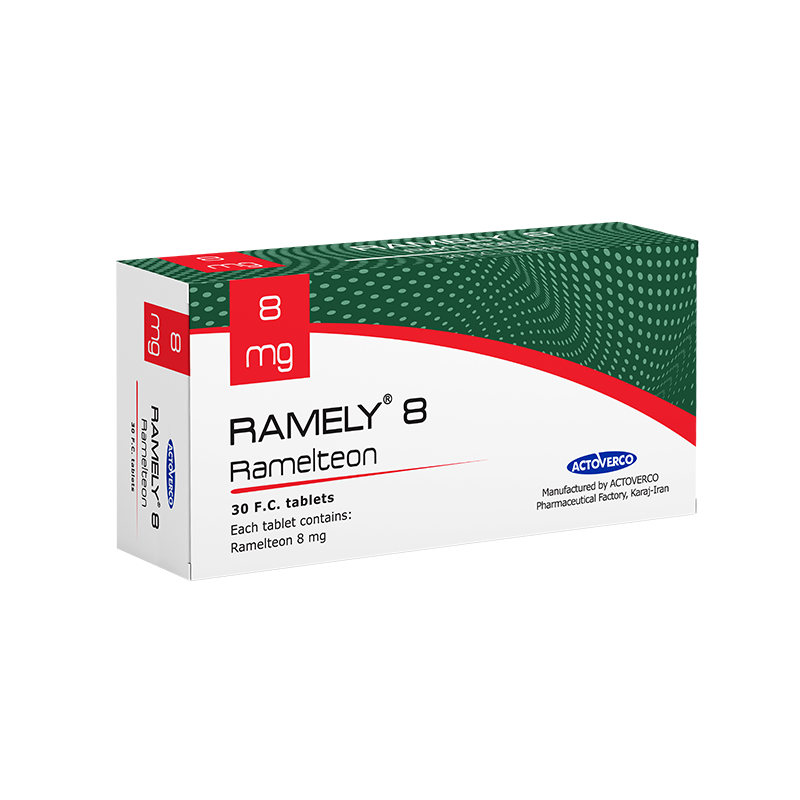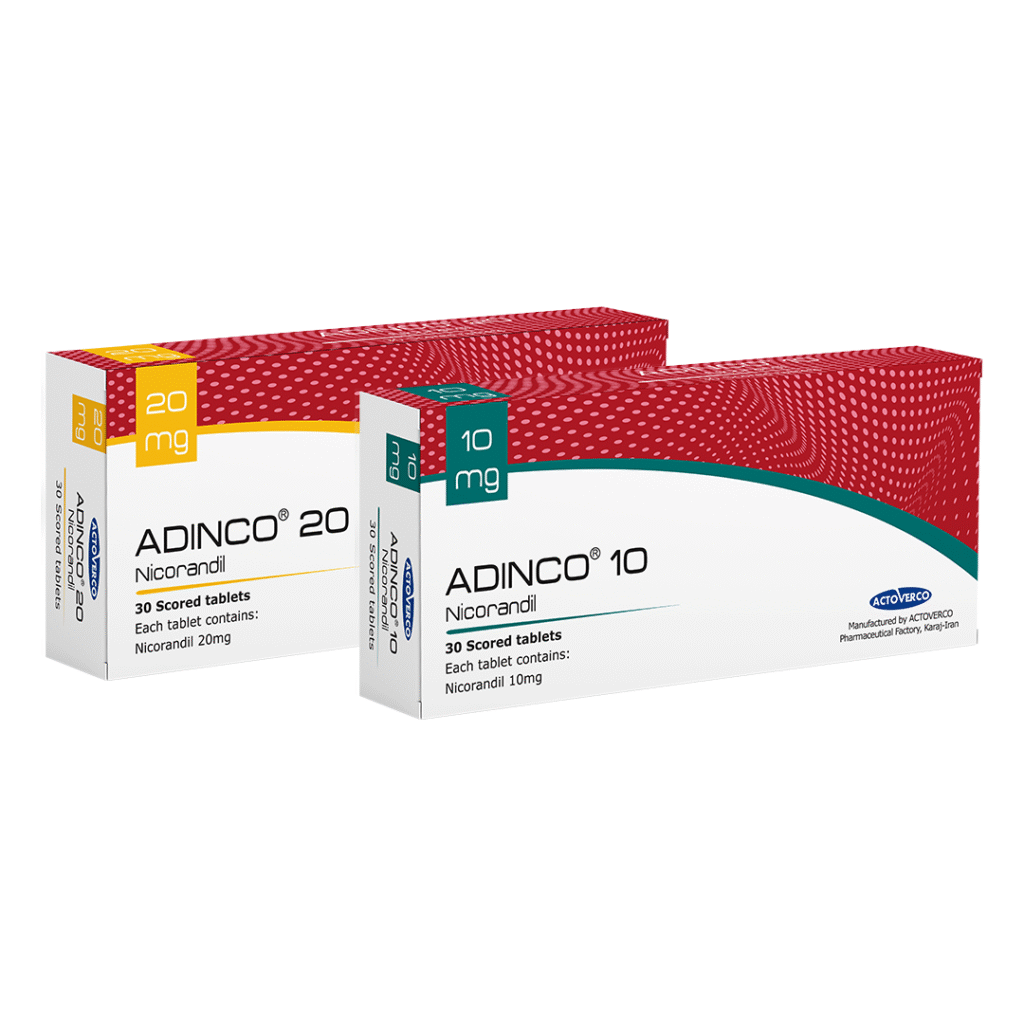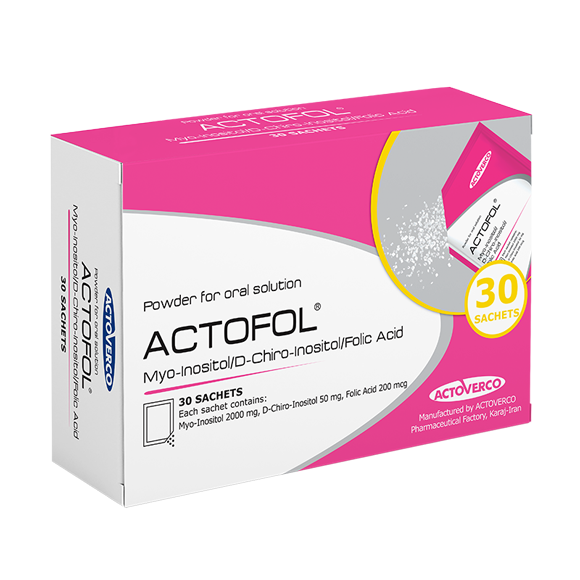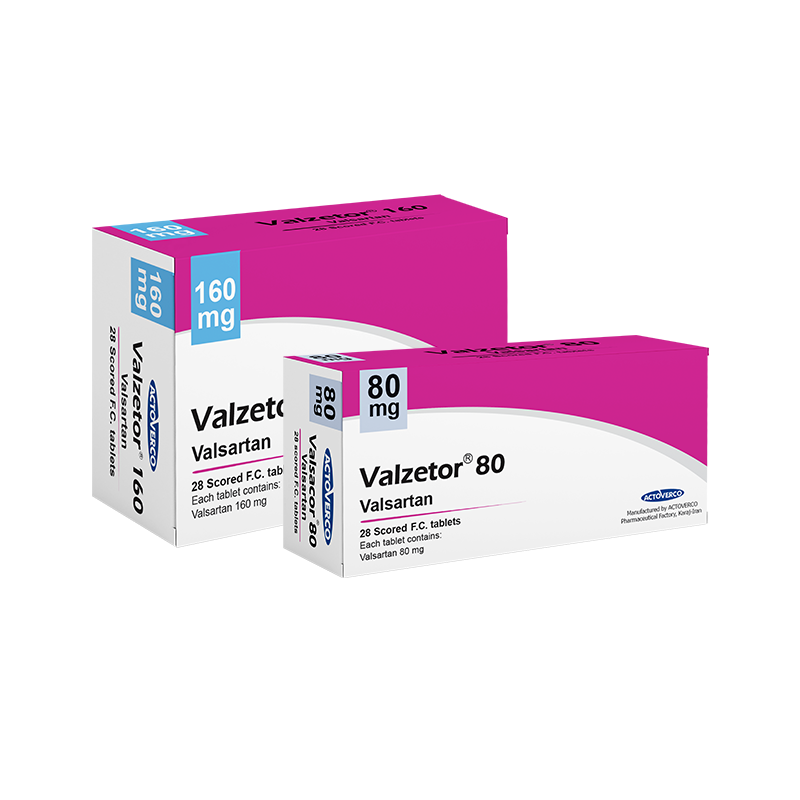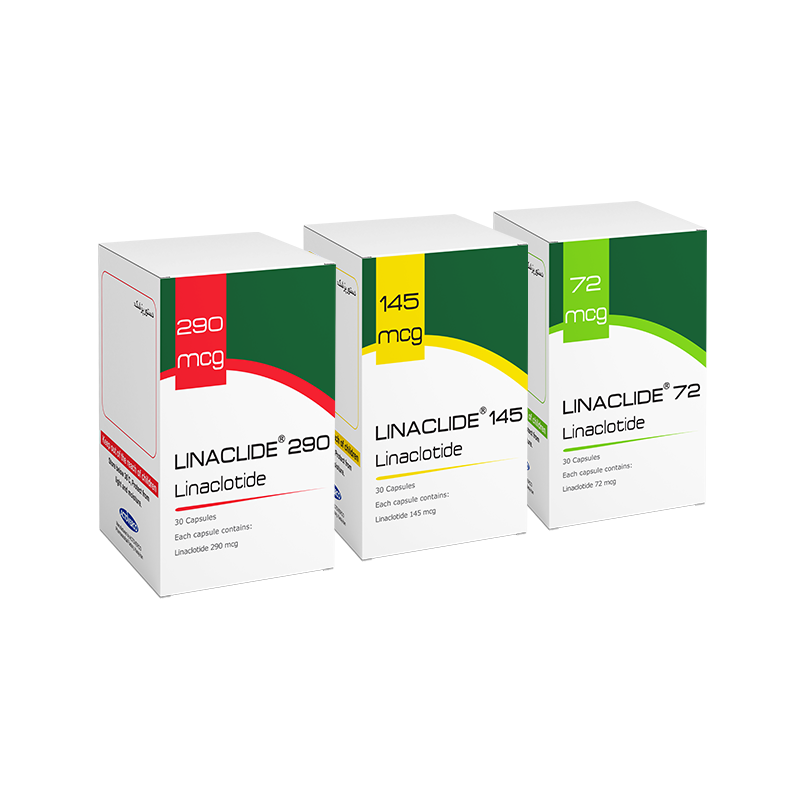According to the public relations department of the Actover Group, Atipharmed’s new drugs include the vaginal tablet Gynati, containing 10 micrograms of the sex hormone “estradiol” from the estrogen group, and the oral tablet Prequin, containing conjugated estrogen in three doses: 0.3, 0.625, and 1.25 milligrams.
At these products launch event, which was widely attended by gynecologists, Dr. Nasim Sanjari, a specialist in obstetrics and gynecology and secretary of the Iranian Society for Reproductive Medicine, discussed treatments related to “Genitourinary Syndrome of Menopause” (GSM) and the effects of “Prequin” and “Gynati” tablets in this regard. She explained that GSM refers to a collection of physiological and anatomical changes in the lower genital tract and parts of the urinary system caused by a decrease in estrogen levels during menopause. In recent years, this term has replaced the common term “vaginal atrophy” and similar terms by the International Society for the Study of Women’s Sexual Health and the North American Menopause Society.
Dr. Sanjari emphasized that this syndrome can be accompanied by dryness, burning, and irritation in the genital area, decreased lubrication, discomfort or pain during intercourse, bleeding or spotting after intercourse, burning, or recurrent urinary tract infections. Patients may present with some or all of these symptoms.
Although vaginal atrophy typically occurs in postmenopausal women, it can also occur in a small percentage of non-menopausal women experiencing a decrease in estrogen stimulation of the genitourinary tissues. She noted that about 50% of women experience GSM during menopause, but only about one-fifth to one-fourth of those affected seek treatment. Many women perceive these issues as natural consequences of menopause that will resolve over time or refrain from consulting a gynecologist due to embarrassment, suffering in silence.
She added that while other menopause symptoms, such as hot flashes, are also distressing, vaginal atrophy significantly impacts confidence, sexual relationships, and the patient’s future. Unlike hot flashes, which gradually diminish, vaginal atrophy is progressive and should be treated as a serious issue. Women should be made aware that these problems are not natural and should be treated as a medical condition.
Dr. Sanjari highlighted that genitourinary atrophy can be diagnosed through clinical observations and symptoms like urinary burning, incontinence, and frequent urination, as well as urine tests. Postmenopausal women with bleeding should also be evaluated for endometrial hyperplasia or cancer. She outlined that the first line of treatment for GSM involves lubricants and moisturizers, while the second line is hormone therapy, both local (vaginal) and systemic (oral).
If vaginal atrophy is the primary reason for treatment, the first line of treatment is local estrogen therapy, including various tablets, suppositories, rings, creams, and hormonal pessaries currently available in Iran. Systemic hormone replacement therapy (HRT) improves vaginal atrophy in 75% of patients, although some women may require both oral and local hormone therapy.
Dr. Sanjari pointed out the high efficacy of the vaginal tablet “Gynati” as an HRT drug in relieving vaginal atrophy and mentioned that the 0.3 mg dose of the “Prequin” tablet, produced for the first time in the country, is very effective in treating GSM.
Dr. Shahrzad Dehnad, a medical advisor at Atipharmed, introduced Gynati and Prequin, the company’s latest drugs. She noted that Atipharmed, a subsidiary of the Actover Group, was established to produce hormonal drugs. With the latest technologies, it is the first manufacturer of hormonal drugs with GMP certification in Iran.
She highlighted that menopause hot flashes are one of the most common symptoms of menopause, affecting about 80% of postmenopausal women. In 50% of cases, this symptom is treatable and usually resolves within six months to two years. The first line of treatment for hot flashes is hormone therapy, using transdermal or oral estrogens, such as the Prequin tablet, which is produced in three doses for the first time in the country. It is recommended to start treatment with the lowest dose (0.3 mg).
Dr. Dehnad also noted that GSM affects at least half of postmenopausal women, with the most common symptom being vaginal dryness, affecting about 80% of those with GSM. This condition significantly impacts various aspects of quality of life. Despite this, most women do not seek medical advice due to a lack of awareness about the disease or perceiving it as a natural part of aging. According to guidelines, low-dose vaginal estrogen is the first line of treatment for GSM. In this regard, Atipharmed has produced the Gynati vaginal tablet containing 10 micrograms of estradiol.
The medical advisor emphasized that Gynati, like the Prequin oral tablet, is effective in treating GSM, preparing for embryo transfer, and treating infertility. The effects of this tablet on improving vaginal PH and lubrication become apparent after 12 weeks.
Another presenter, Dr. Maryam Kashanian, a professor at Iran University of Medical Sciences and a board member of the Iranian Society of Obstetricians and Gynecologists, gave an overview of various aspects of menopause and effective treatments for reducing its symptoms and complications. She pointed out that neglecting the treatment of menopause symptoms is common not only during menopause but also in women under 40 whose ovaries do not produce estrogen for any reason. This group of patients should undergo hormone therapy until the age of 50, and the age-related complications do not apply to them. Unfortunately, most of these women are left untreated.
Dr. Azadeh Akbari, a fertility treatment specialist and faculty member at Iran University of Medical Sciences, discussed the role of hormonal drugs like Prequin and Gynati in endometrial preparation protocols for embryo transfer. She noted that infertility treatment is increasingly moving towards frozen embryo transfer, though there are still many debates and differing opinions on the appropriate endometrial preparation protocol. Natural hormone-free protocols (in patients with regular menstrual cycles) and modified natural protocols are among the most common. However, not all patients can use the natural protocol.
In hormone-based protocols, oral estrogen is mainly used, and depending on the situation, transdermal or vaginal estrogen may be used. Studies have shown that the method of hormone therapy does not affect the success rate of fertility. Typically, in the endometrial preparation stage, vaginal estrogen is used as an adjunct treatment alongside oral and transdermal estrogen. Oral estrogen can be taken for a period of at least 10 to 36 days, and shorter usage periods increase the risk of miscarriage of the transferred embryo.
The final speaker, Dr. Mojgan Karimi Zarchi, a professor of obstetrics and gynecology at Iran University of Medical Sciences, addressed concerns and warnings about HRT and the role of estrogen in causing cancer. She noted that estrogen, the first hormone secreted in women’s bodies, plays a vital role in the functioning of various organs, from the brain and heart to bones, vagina, and uterus. Estrogen is linked to certain cancers, such as endometrial cancer, which can be quickly diagnosed through abnormal bleeding in postmenopausal women. There are no restrictions on the use of estrogen in cervical cancers. In endometrial and breast cancers, the use of vaginal estrogens like Gynati in women taking tamoxifen does not pose any problems.
In conclusion, the Gynati vaginal tablets and Prequin oral tablets were introduced as effective options for improving menopause symptoms and enhancing women’s quality of life. These products have been well-received by specialists and experts, playing a significant role in improving the condition of postmenopausal women. The introduction of these two new products demonstrates Atipharmed’s commitment to advancing women’s health and improving their quality of life.

